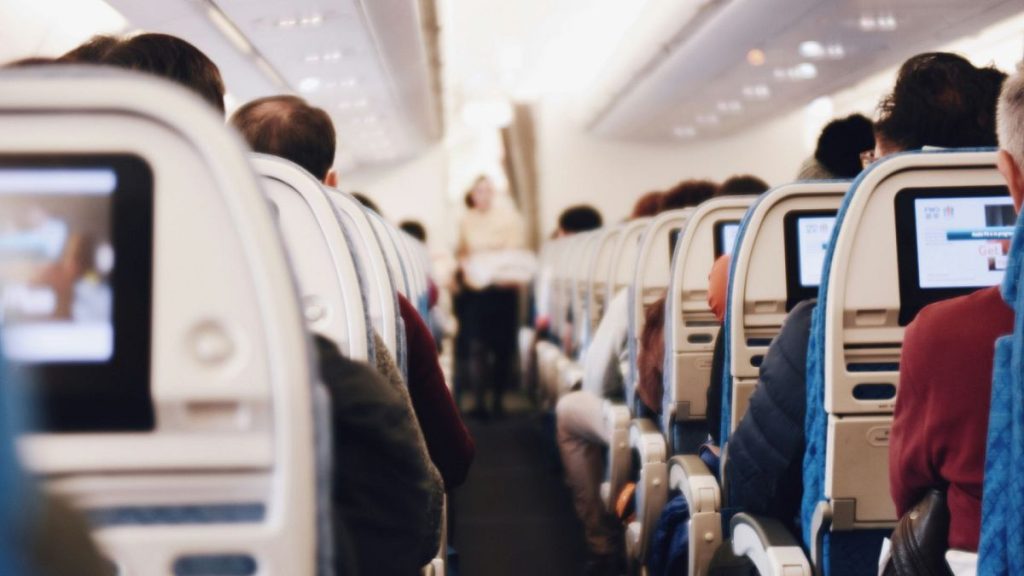AirlineRatings’ 2025 report sheds light on the safest airlines across the globe, offering valuable insights for travelers concerned about aviation safety. Air New Zealand secured the top spot for the second consecutive year, reaffirming its commitment to stringent safety protocols. Dominating the top 11 positions were airlines from the Asia-Pacific and Middle East regions, demonstrating their strong focus on passenger safety. European airlines also made a notable presence, securing seven spots within the top 25, indicating a robust safety culture within the European aviation sector. This report serves as a reassuring guide for passengers seeking safe and reliable air travel options.
Delving into the European landscape, Turkish Airlines emerged as the safest airline in Europe, ranking 13th globally. Despite operating an extensive network connecting to more destinations than any other airline worldwide, Turkish Airlines has maintained a commendable safety record, with no fatal accidents since 2009. This achievement underscores the airline’s dedication to rigorous safety standards and operational excellence. TAP Portugal secured the second position among European airlines, ranking 14th globally. With an impeccable safety history, devoid of passenger fatalities since 1977, TAP Portugal prioritizes passenger well-being. The airline’s commitment to safety is further exemplified by its partnership with the Unidade de Cuidados Integrados de Saúde (UCS) to offer fear of flying courses, addressing passenger anxieties and fostering confidence in air travel.
Several other European airlines solidified their positions within the top 25, including SAS, British Airways, Iberia, Finnair, and the Lufthansa Group (including SWISS). Iberia, in particular, marked a significant milestone, achieving its first-time inclusion in the top 25 safest airlines. This accomplishment is attributed to Iberia’s transformative efforts in improving on-time performance, enhancing customer service, and providing exceptional catering. The collective presence of these European carriers in the top 25 highlights the region’s unwavering commitment to aviation safety and passenger welfare.
AirlineRatings also evaluated low-cost carriers separately, providing a comprehensive assessment of budget-friendly travel options. Ryanair, a prominent low-cost airline, emerged as the safest budget carrier in Europe and secured the 3rd position globally. With an unblemished safety record spanning its 40-year history, Ryanair prioritizes passenger and crew safety above all else. EasyJet, another UK-based low-cost carrier, ranked 4th globally, earning its place as the second safest low-cost airline in Europe. EasyJet’s unwavering commitment to safety is reflected in its stringent pre-flight checks, regular safety inspections, and comprehensive cabin crew training.
Wizz Air, a relatively young airline, claimed the title of the third safest low-cost airline in Europe, securing the 7th position globally. Operating a modern fleet of Airbus aircraft, averaging under five years old, Wizz Air maintains a strong focus on safety and operational efficiency. Other European low-cost carriers making it into the top 25 include Norwegian, Vueling, Jet2, Eurowings, and airBaltic. Jet2 and airBaltic, new entrants to the top 25, demonstrate their increasing commitment to safety and customer satisfaction. Jet2’s improved ranking can be attributed to positive passenger reviews and excellent customer service, while airBaltic’s inclusion highlights the Latvian airline’s dedication to upholding stringent safety standards.
AirlineRatings employs a multifaceted evaluation methodology to determine airline safety rankings, incorporating various data points and expert consultations. The assessment considers factors such as aircraft age, fleet size, pilot training programs, incident reporting rates, and airline profitability. Interestingly, profitability is considered as a safety indicator, as financially stable airlines are more likely to invest in safety enhancements, training, and maintenance. The ranking also takes into account a country’s adherence to international safety standards, as evidenced by passing the ICAO Universal Safety Oversight Audit Programme (USOAP). Furthermore, compliance with the IATA Operational Safety Audit (IOSA), a global benchmark for operational safety, is also factored into the evaluation.
In summary, the AirlineRatings 2025 report provides a comprehensive overview of airline safety worldwide, highlighting both full-service and low-cost carriers. The dominance of Asia-Pacific and Middle Eastern airlines in the top rankings reflects their strong commitment to safety. European airlines also performed admirably, securing several positions in the top 25 and showcasing a robust safety culture. The report’s meticulous evaluation methodology, encompassing various factors from aircraft age to financial stability, offers valuable insights for travelers prioritizing safety and seeking informed choices when booking flights. The inclusion of low-cost carriers in the assessment further expands the scope of the report, catering to budget-conscious travelers without compromising safety considerations.














